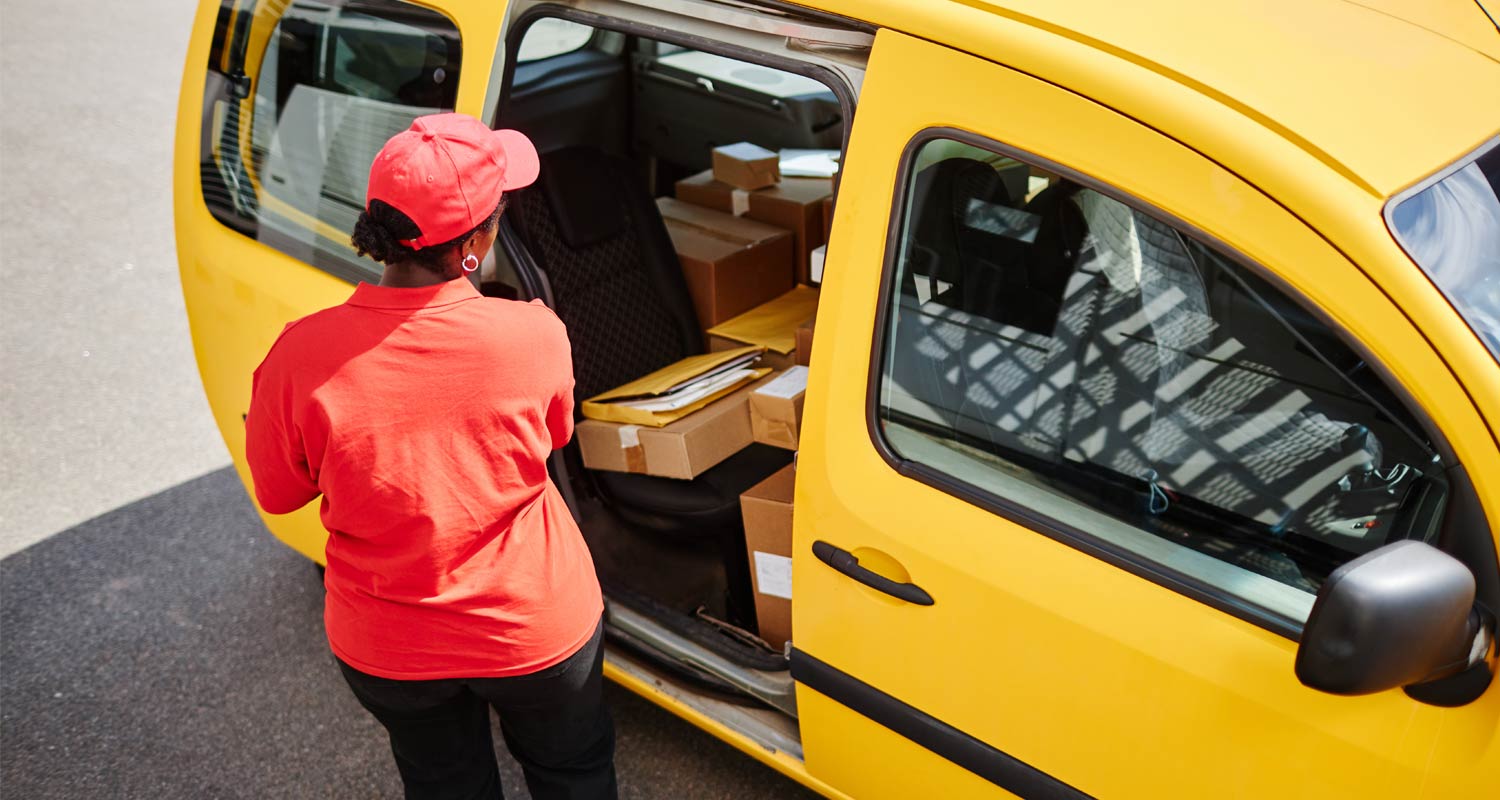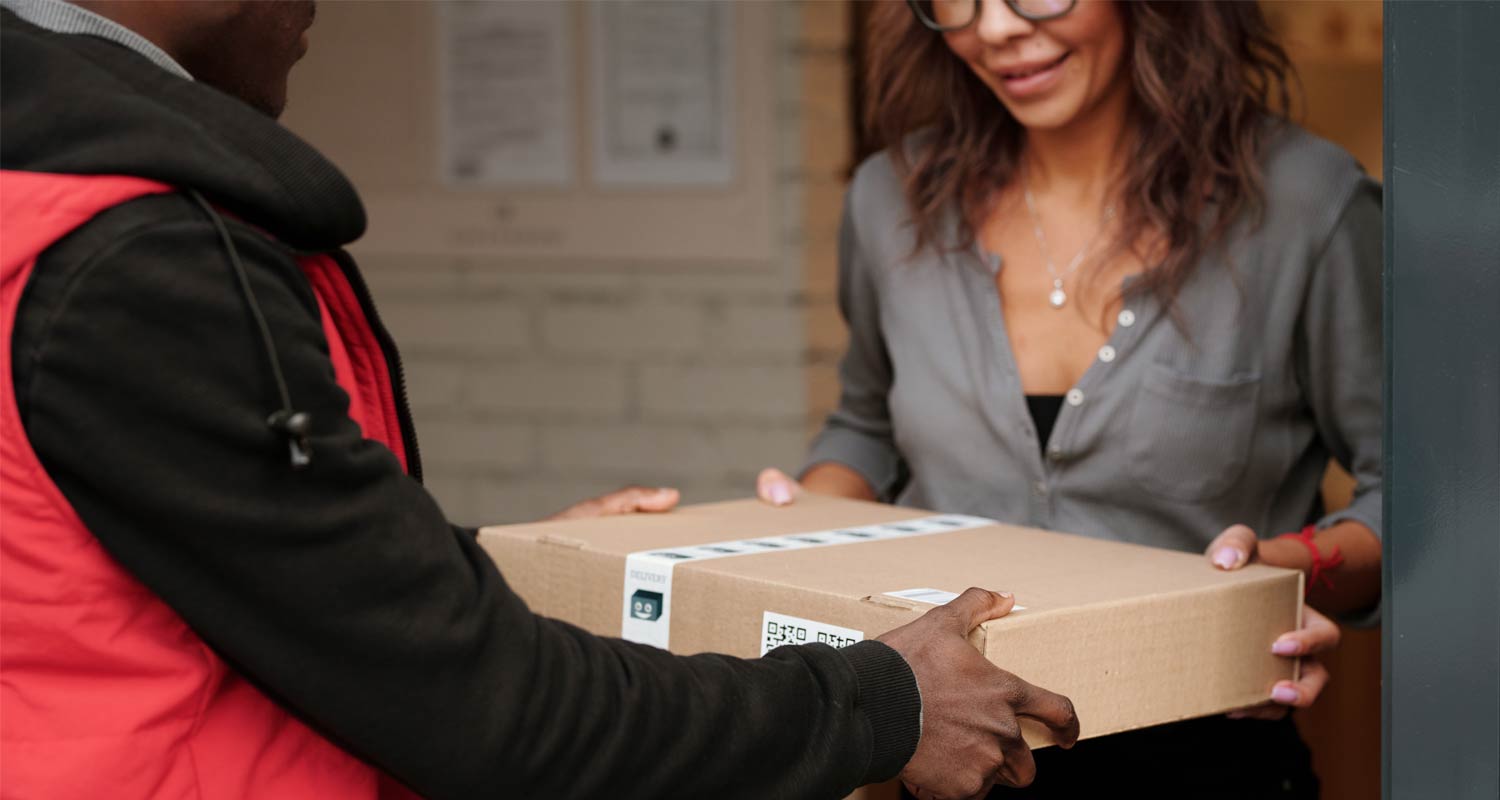 Making deliveries cheaper for consumers is the top priority in efforts to make online shopping more accessible to a greater number of South Africans and to drive further growth in the sector.
Making deliveries cheaper for consumers is the top priority in efforts to make online shopping more accessible to a greater number of South Africans and to drive further growth in the sector.
This is according to the Eye on the Last Mile: South Africa Report 2024 by FarEye, a developer of last-mile logistics technology, which surveyed more than 300 business leaders specialising in delivery logistics. This is the third version of the report, but the first to give South African-specific insights.
“With favourable government policies, a rising middle class, an aspirational high-income segment who wants to go out and spend in the market, and reduced inflationary pressures, South Africa has all the ingredients to have tremendous e-commerce growth in the next five years,” said Kushal Nahata, co-founder and CEO of FarEye, at an event in Johannesburg on Tuesday.
“To solve for cost, learning from those who have already gone through the journey is important, but global solutions will not necessarily work in the South African context.”
According to the report, 100% of survey respondents cited inflation as the topmost factor in their minds, meaning “it is to be anticipated that a lot of decision making revolves around cost”. FarEye identified fuel, safety and security as the three major cost drivers for last-mile logistics operators.
Ranked against other factors – including managing couriers, managing returns, dispatching and routing, and scalability – cost was highlighted as the most significant challenge, said the report. The next highest concerns were scalability and adaptability.
“Given its significance, companies are likely to explore innovative solutions to reduce costs, such as optimising routes and leveraging technology for operational efficiency,” said the report.
Tech spending
One of the ways retail businesses reduce their logistics costs is by outsourcing the responsibility to third-party specialists who use economies of scale to drive operational efficiencies and improve margins. According to the 2024 Eye on the Last Mile report, around 60% of South African retailers rely solely on third-party logistics (3PL) firms for deliveries. Another 20% use a hybrid model, where the last mile is split between an in-house fleet and a 3PL service provider. The remaining 20% of companies run and manage their own fleets exclusively.
Read: E-commerce: couriers charging more for risky township deliveries
Nahata said retailers are also turning to technology to improve efficiencies. Two-thirds of respondents indicated that their technology budgets increased year on year while only 5% reported decreased tech investment.
Although technology is top of mind for business leaders in the sector, the adoption of innovations such as electric vehicles and drones seems to be a long way off. Around half of respondents viewed EV adoption as a priority, while only 15% reported the intention to use drones in their deliveries.
 FarEye’s analysis suggests South Africa is unique in that while most of the world’s last-mile operators struggle with labour shortages and geopolitical tensions, South Africa has a surplus of available labour and relatively stable politics. However, inflation and issues related to climate change (such as a shrinking freshwater supply) are challenges.
FarEye’s analysis suggests South Africa is unique in that while most of the world’s last-mile operators struggle with labour shortages and geopolitical tensions, South Africa has a surplus of available labour and relatively stable politics. However, inflation and issues related to climate change (such as a shrinking freshwater supply) are challenges.
“The two major areas that emerge as immediate challenges remain cost and security. Technology can be a key enabler in solving for the two, and South African businesses are looking to invest and adopt innovations such as generative AI into their ecosystems to tackle these challenges,” said FarEye. – © 2024 NewsCentral Media
Get breaking news from TechCentral on WhatsApp. Sign up here.
Don’t miss:
Bob Group says smart lockers will drive online shopping growth in South Africa

